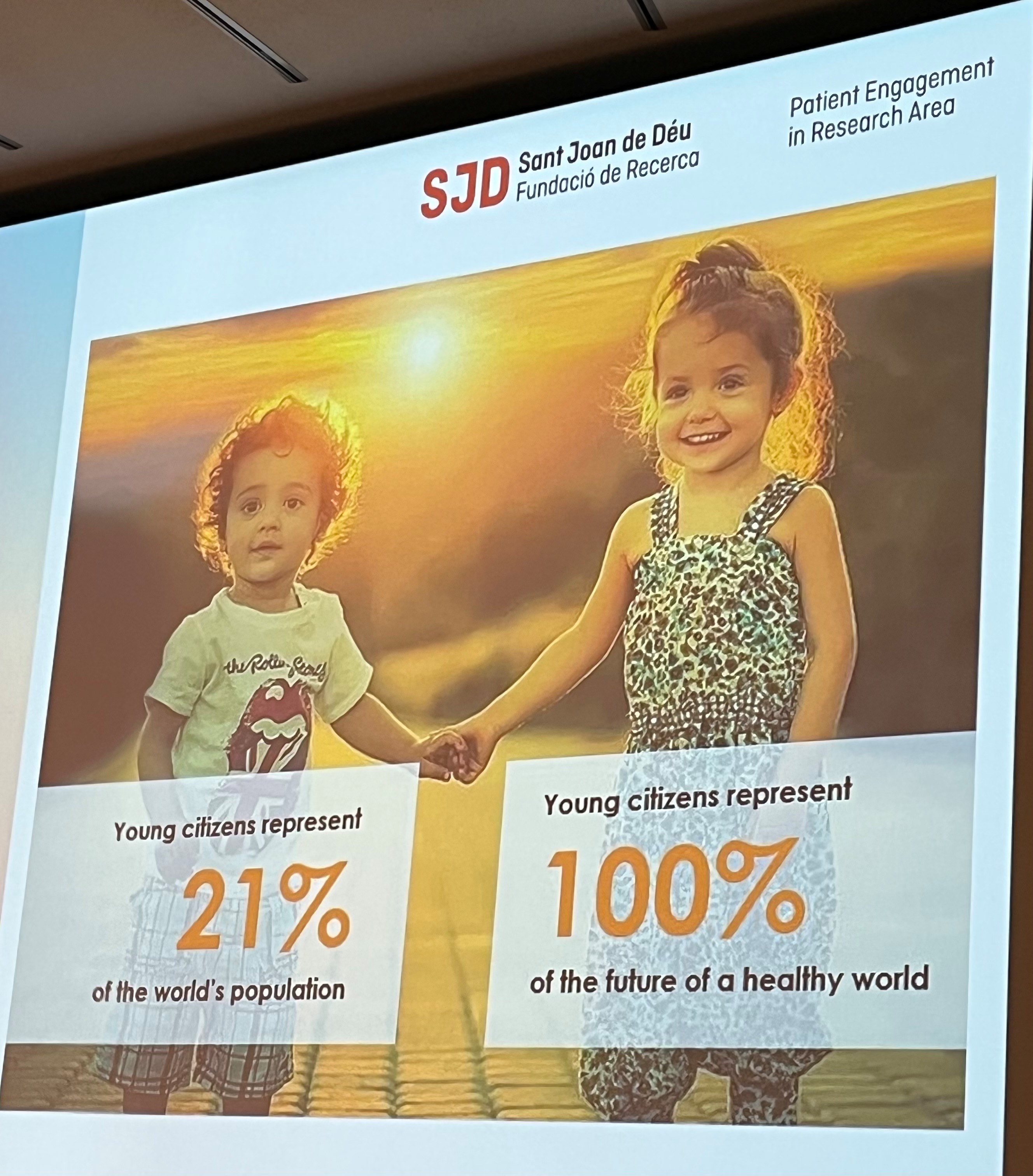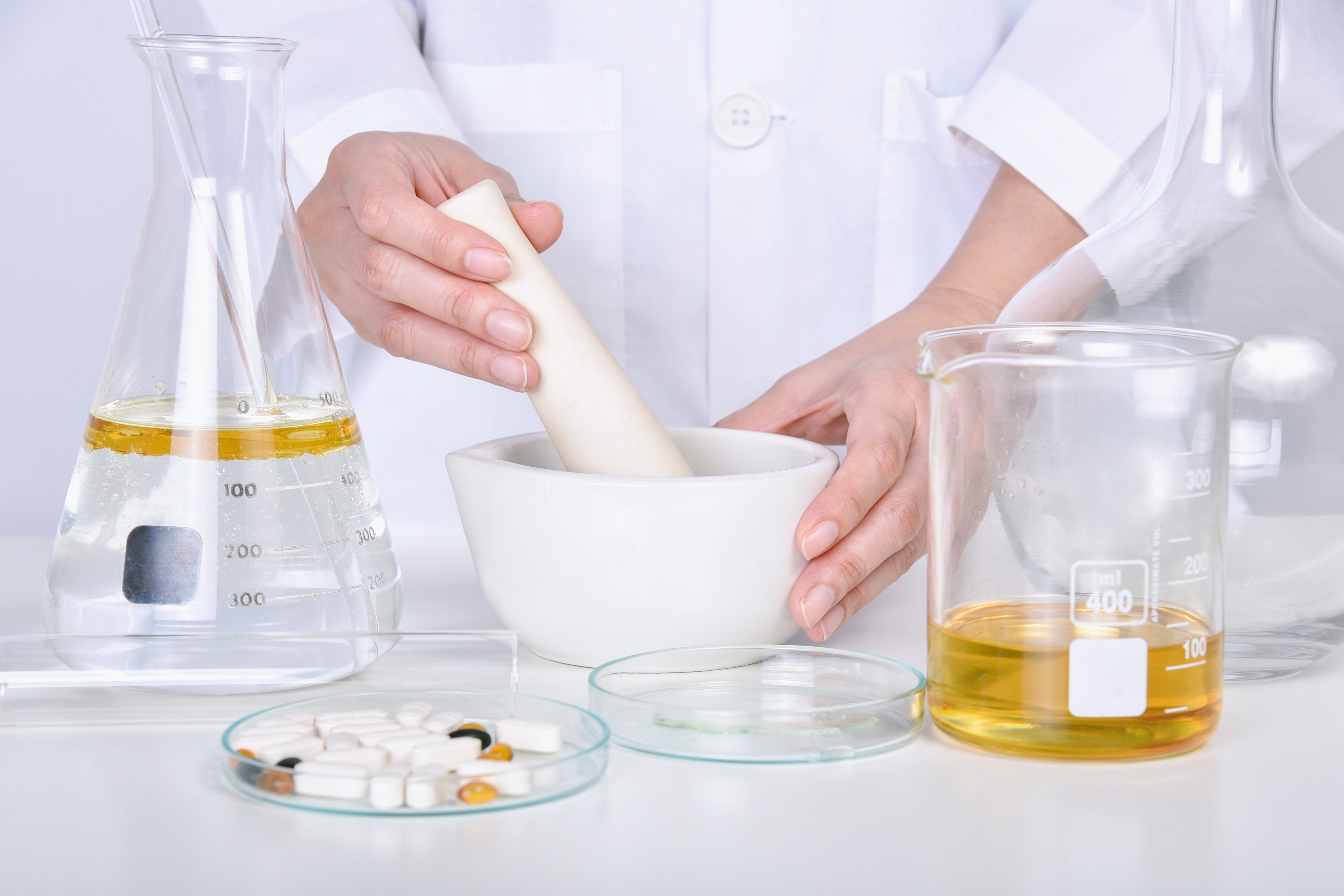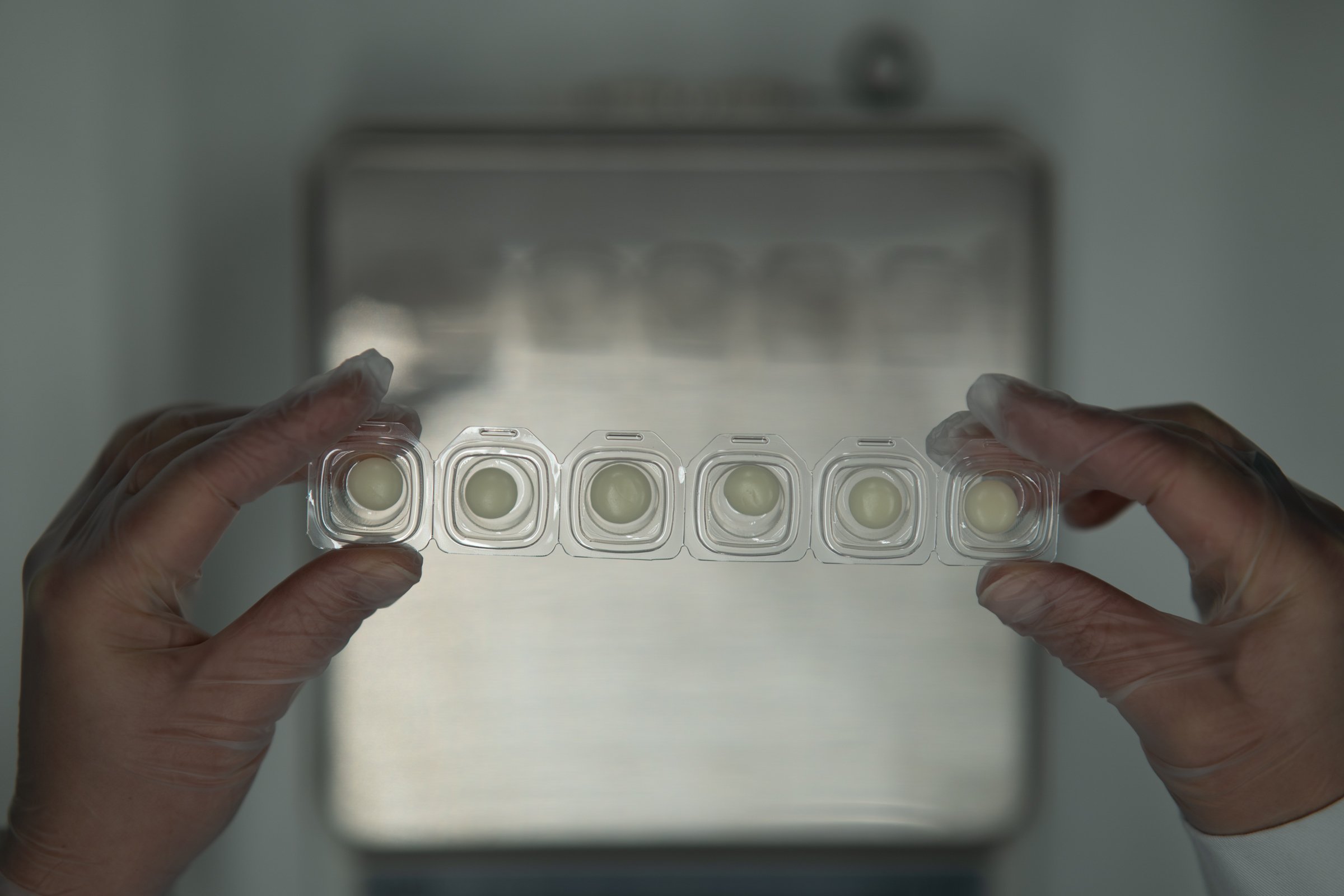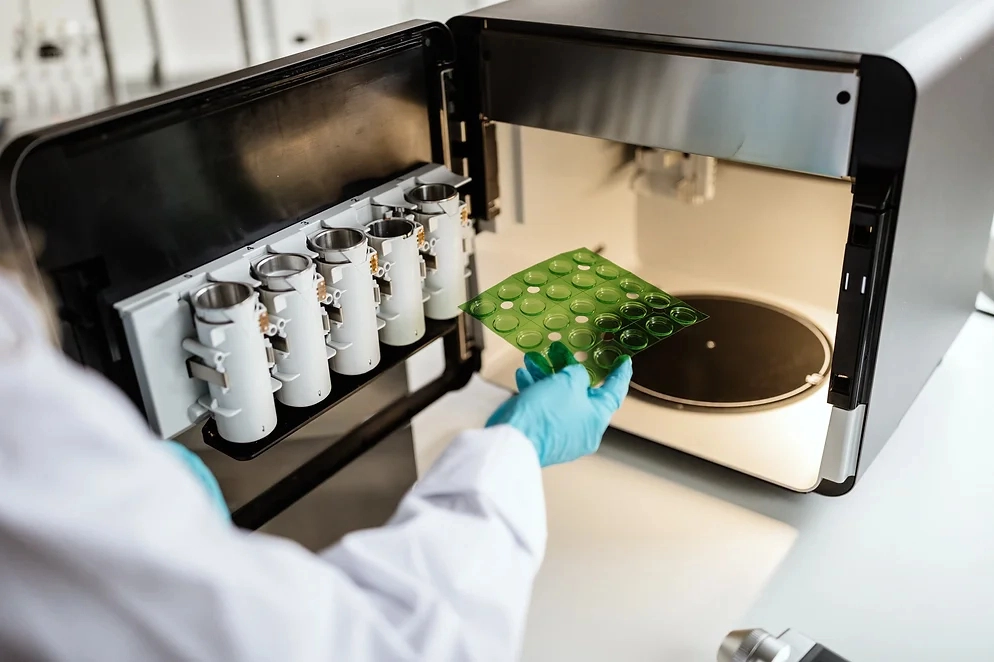The future of personalized medicine in everyday healthcare represents a transformative shift from standardised treatments to patient-specific solutions. This revolutionary approach combines advanced pharmaceutical technology, automated compounding systems, and precision dosing to deliver customised medications tailored to individual patient needs, fundamentally changing how healthcare providers deliver treatment across diverse patient populations.
Understanding the Revolution in Personalized Healthcare
Personalized healthcare is revolutionising modern medicine by moving beyond the traditional one-size-fits-all approach to treatment. This transformation addresses the fundamental challenge that standard medications often fail to meet the specific needs of individual patients, particularly vulnerable populations such as children and cancer patients.
The current healthcare landscape is experiencing unprecedented change as medical professionals recognise that patient-specific treatment delivers superior outcomes. Traditional medicine manufacturing focuses on mass production of standardised dosages, but this approach leaves significant gaps in patient care.
Healthcare technology is now enabling pharmacists and medical professionals to bridge these gaps through innovative solutions that make personalised medicine accessible in everyday clinical settings. This shift represents a fundamental change in how we approach patient care and medication delivery.
What is Personalized Medicine and How Does it Work?
Precision medicine refers to the customisation of medical treatments based on individual patient characteristics, including age, weight, genetic factors, and specific medical conditions. Unlike traditional medicine, which relies on standardized formulations, personalized medicine creates treatments tailored to each patient’s unique needs.
The core technologies enabling this approach include advanced compounding systems, comprehensive formulation libraries, and integrated quality control processes. These systems work together to ensure that customised medications maintain the same safety and efficacy standards as traditional pharmaceuticals.
Healthcare transformation occurs through the integration of automated processes that enable precise dosing and multiple medication formats, including tablets, liquids, films, and suppositories. This flexibility ensures that patients receive medications in the most appropriate form for their specific needs and circumstances.
How Will Automated Compounding Systems Change Medication Preparation?
Automated compounding technology fundamentally transforms medication preparation by introducing desktop-sized pharmaceutical printers and integrated quality control systems directly into pharmacy settings. These systems enable precise medication customisation whilst maintaining pharmaceutical-grade standards.
The technology combines several key components: GMP-manufactured excipient bases that serve as foundations for active ingredients, compact pharmaceutical printers that automate the compounding process, and comprehensive quality control tools that ensure consistent production standards.
This automation addresses critical pharmacy challenges, including staff shortages and the need for specialised expertise in compounding. By standardizing processes and providing validated procedures, these systems make personalized medicine accessible to a broader range of healthcare providers while reducing costs and improving efficiency.
What are the Main Benefits of Personalised Medications for Patients?
Personalised dosing delivers significant improvements in patient outcomes by providing precise medication amounts tailored to individual needs. This approach particularly benefits underserved populations who struggle with standard medication formulations.
Children represent a key beneficiary group, as they often require liquid formulations or adjusted dosages that are difficult to achieve with standard medications. Cancer patients similarly benefit from customised treatments that can be adjusted based on their specific treatment protocols and tolerance levels.
Enhanced medication adherence occurs when patients receive treatments in formats that are easier to take and more appropriate for their circumstances. This improved compliance leads to better health outcomes and reduced healthcare costs over time.
How Can Healthcare Providers Implement Personalized Medicine Solutions?
Healthcare providers can integrate personalised medicine technologies into existing workflows through systematic implementation of compounding systems, formulation libraries, and quality assurance processes. The key is selecting solutions that complement current operations whilst adding new capabilities.
Implementation begins with assessing patient populations that would benefit most from customised treatments. Providers should focus on areas where standard medications create challenges, such as paediatric care, oncology, and patients with swallowing difficulties.
Training and workflow integration are essential components of successful implementation. Healthcare teams need support in understanding new technologies and processes, whilst maintaining the high standards required for pharmaceutical preparation. CurifyLabs provides comprehensive support systems that enable smooth transitions to personalised medicine capabilities.
Key Takeaways for the Future of Personalized Healthcare
The future of healthcare points toward significant expansion of personalised medicine, with projections suggesting growth from current levels of approximately 1% to potentially 10% of all medications. This transformation will fundamentally change how healthcare providers approach patient treatment.
Healthcare stakeholders should prepare for this shift by evaluating current capabilities and identifying opportunities for integration of personalised medicine solutions. The technology exists today to begin this transformation, making it accessible for forward-thinking healthcare providers.
Success in this evolving landscape requires embracing pharmaceutical innovation whilst maintaining focus on patient outcomes. Healthcare providers who invest in personalised medicine capabilities today will be better positioned to serve their patients’ evolving needs and deliver superior care outcomes.
Ready to explore how personalised medicine can transform your healthcare delivery? Contact us or book a meeting to learn about our comprehensive compounding system solutions that make precision medicine accessible in your practice today.








